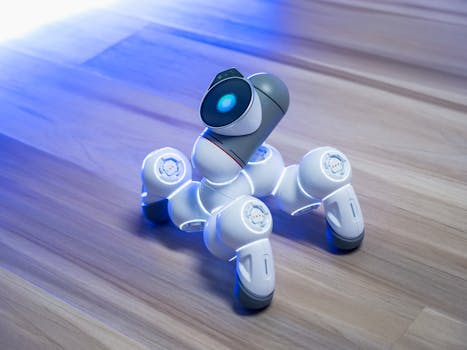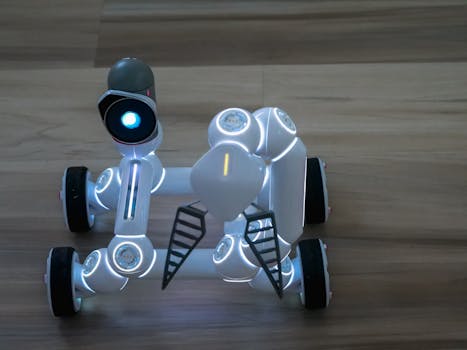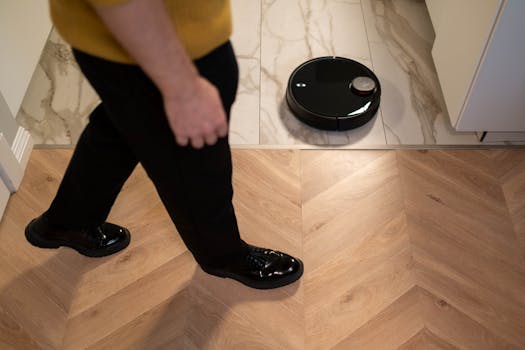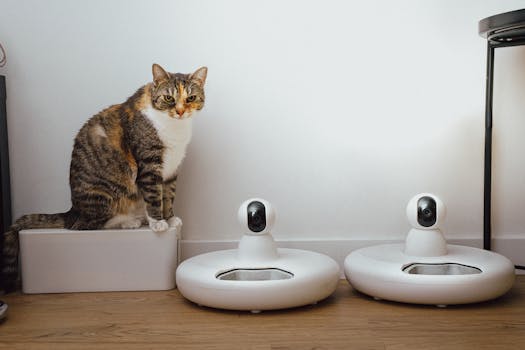Smart Homes 2025: The Rise of AI-Driven Devices
Smart Homes 2025 is an exciting concept that has been gaining traction in recent years. With the rapid advancement of artificial intelligence (AI) and the Internet of Things (IoT), our homes are becoming increasingly automated, making our lives easier, more convenient, and more enjoyable. In this article, we will delve into the world of smart homes and explore the rise of AI-driven devices that are transforming the way we live.
What are Smart Homes?

A smart home is a residence that is equipped with advanced technology, including devices, sensors, and systems that can be controlled and monitored remotely. These devices can be connected to the internet, allowing homeowners to access and control them from anywhere in the world. Smart homes can include a wide range of features, such as lighting and temperature control, security systems, entertainment systems, and even household appliances.
The Rise of AI-Driven Devices

In recent years, there has been a significant increase in the development and deployment of AI-driven devices in smart homes. These devices use machine learning algorithms to learn and adapt to the habits and preferences of the homeowner, making them more efficient and effective. Some examples of AI-driven devices include voice assistants, such as Amazon Alexa and Google Home, which can control lighting, temperature, and entertainment systems with just a voice command.
Benefits of Smart Homes

Smart homes offer a wide range of benefits, including increased convenience, energy efficiency, and enhanced security. With smart devices, homeowners can control their lighting, temperature, and appliances remotely, making it easier to manage their home and reduce energy consumption. Smart security systems can also provide an added layer of protection, with features such as motion detection and alerts sent to the homeowner’s smartphone.
Challenges and Limitations

While smart homes offer many benefits, there are also challenges and limitations to consider. One of the main concerns is the potential for hacking and cybersecurity breaches, which can compromise the safety and security of the homeowner and their data. Additionally, the high cost of smart devices and systems can be a barrier to adoption for many homeowners.
Conclusion

In conclusion, Smart Homes 2025 is an exciting and rapidly evolving field that has the potential to transform the way we live and interact with our homes. With the rise of AI-driven devices, we can expect to see even more innovative and efficient solutions for home automation. While there are challenges and limitations to consider, the benefits of smart homes far outweigh the drawbacks. As technology continues to advance, we can expect to see even more exciting developments in the world of smart homes.





